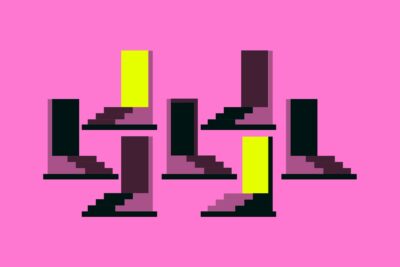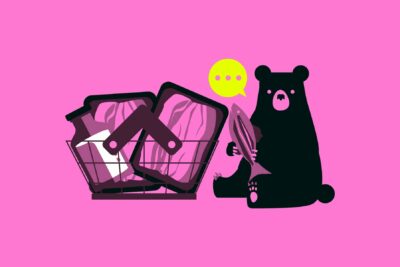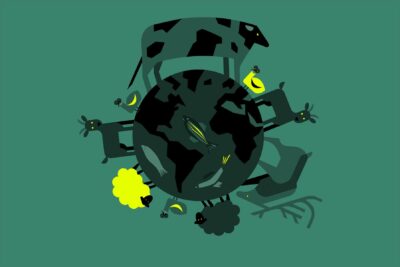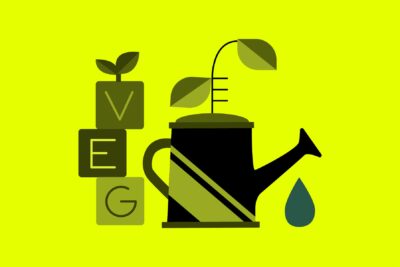No one wants to be told what to do. We get that.
In our civil society, we believe that people should be free to live their lives until their choices encroach on the freedom or well-being of someone else. For example, we are free to purchase a knife, but that doesn’t mean we are free to stab someone with it. We understand the boundaries here, and we respect them.
We understand that if our choices impact others, we are right to consider them carefully. And our food choices really do have a much wider impact than on our own health and taste buds. They impact other people, the environment, and animals in a way that may not be immediately obvious.
To start with, slaughterhouse work has been linked to a variety of disorders including PTSD (post-traumatic stress disorder) and PITS (perpetration-induced traumatic stress). It has also been linked to higher crime rates, including higher rates of domestic abuse, as well as alcohol and drug abuse. When we ask someone else to cut the throats of animals all day every day—a job we would be unwilling to do ourselves—we are placing an enormous burden on them. Society must question whether these outcomes are an acceptable price to pay for eating meat.
Our food choices affect other people, too. Because so much land is needed to produce meat, the vast majority of the world’s crops are fed to farmed animals. There are many reasons why millions of people go to bed hungry each night—including natural disasters, war, and corruption—but one-third of the world’s cereal harvest and 70 percent of the world’s soy harvest is fed to farmed animals. If these crops were made available to people instead, we could eradicate world hunger today.
And how many people get sick and die from pandemics that originated in animals who are exploited for meat, milks, and eggs? And how many more people must die from antibiotic-resistant pathogens, while we squander those precious drugs propping up the factory farming system?
The production of meat, milk, and eggs is a leading driver of climate breakdown and deforestation—both of which affect the world’s poorest people disproportionately. Our consumption of these products also drives species loss and extinctions, which is a tragedy for us all.
And what of the animals who spend their sad, short lives inside a cage or filthy barn, suffering perhaps on broken legs or grieving for the loss of their young? If our dogs or cats were treated that way, we would be outraged, and yet we try not to think about the animals who suffer unseen for our food. Their lives are as important to them as ours are to us, and none would choose the life we force upon them.
What we eat may be a personal choice, but we would urge everyone to consider the wider impacts of their food choices on the lives of others, both human and non-human.



